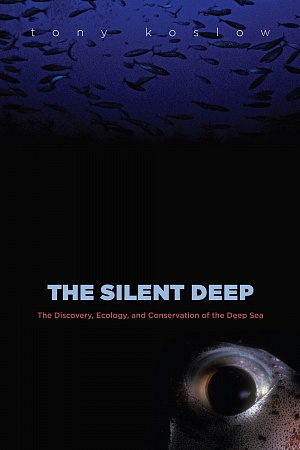Environmental Culture: The Ecological Crisis of Reason
Routledge $49.50 pb, 298 pp
Rampaging Rationalism
Val Plumwood, the author of a highly praised defence of eco-feminism, Feminism and Mastery of Nature, presents in this book a critique of ‘rationalist culture’ and explains why it harms nature as well as so many people. Plumwood’s criticism of rationalism centres on the thesis she advanced in her earlier book. From Plato onward, it has been regarded as rational to divide the world into polarised and homogeneous conceptual categories (reason/emotion, culture/nature, spirit/matter, masculine/feminine) and to regard things falling under the first term of these dichotomies as superior to those belonging to the second. This way of thinking, Plumwood argues, has given rationalists a licence to ignore the needs of beings deemed to be inferior – to dominate and exploit them for the sake of their ‘superiors’. In particular, it has been used to justify the domination of nature and of women.
In Environmental Culture, this critique joins with other critiques of rationality – for example, the Frankfurt School’s analysis of instrumentality rationality – for an assault on economic rationalism, the logic of globalisation, technoscience, liberal democracy, ecological planning and commodification. These manifestations of rationalism not only disregard the needs of beings – humans as well as other creatures – who fall on the wrong side of the dichotomies. They are also short-sighted. By failing to take into account the well-being of ecological systems on which they depend, the masters of the world threaten their own well-being. Rationalism is profoundly irrational, as well as immoral.
Continue reading for only $10 per month. Subscribe and gain full access to Australian Book Review. Already a subscriber? Sign in. If you need assistance, feel free to contact us.












Leave a comment
If you are an ABR subscriber, you will need to sign in to post a comment.
If you have forgotten your sign in details, or if you receive an error message when trying to submit your comment, please email your comment (and the name of the article to which it relates) to ABR Comments. We will review your comment and, subject to approval, we will post it under your name.
Please note that all comments must be approved by ABR and comply with our Terms & Conditions.